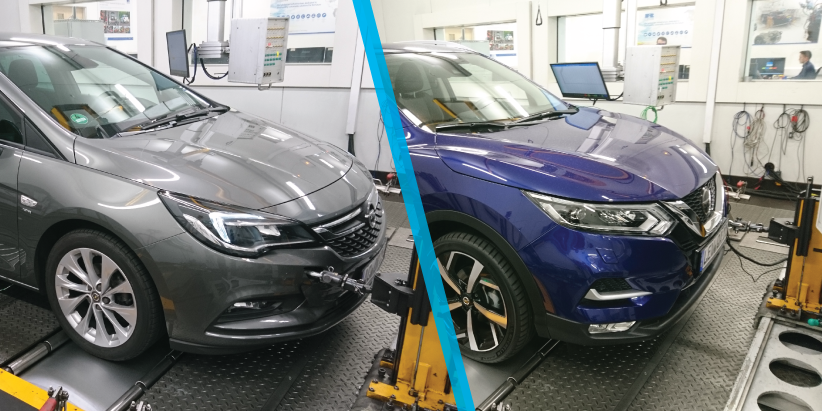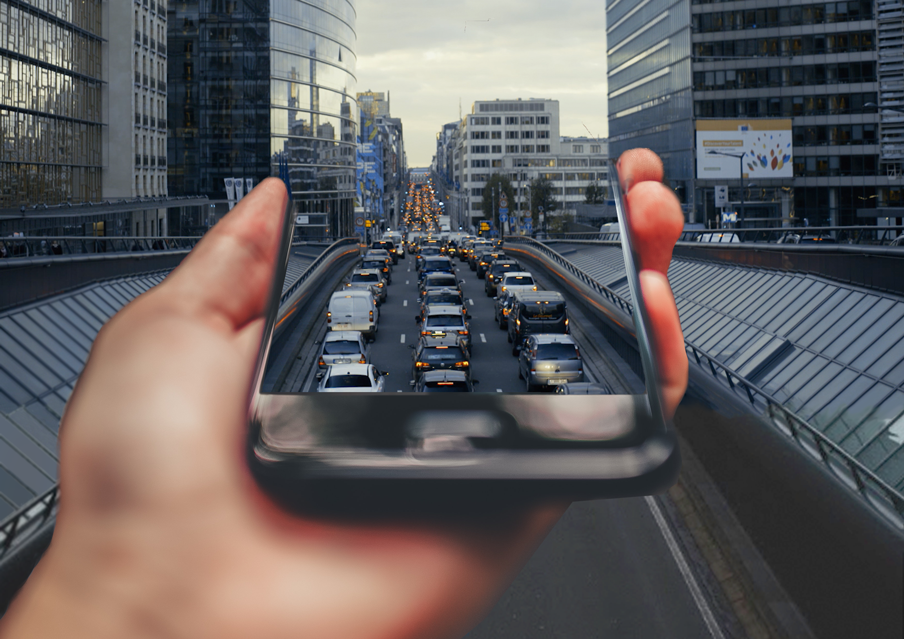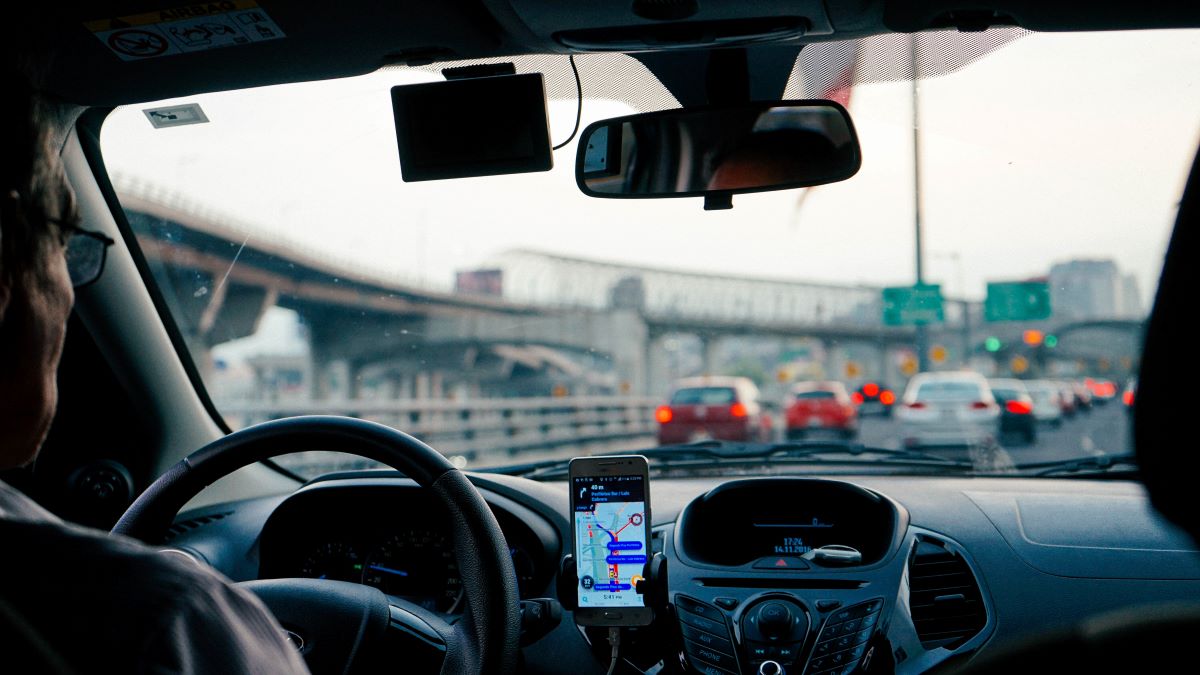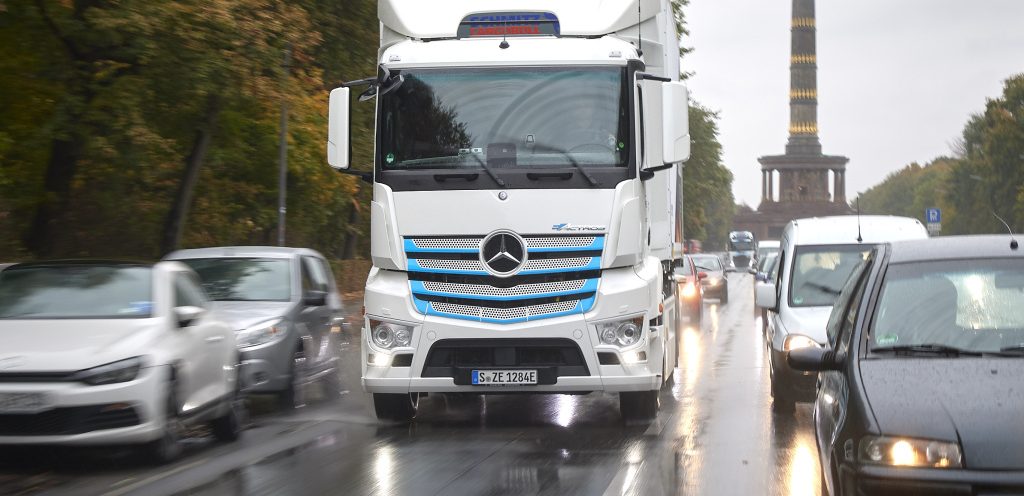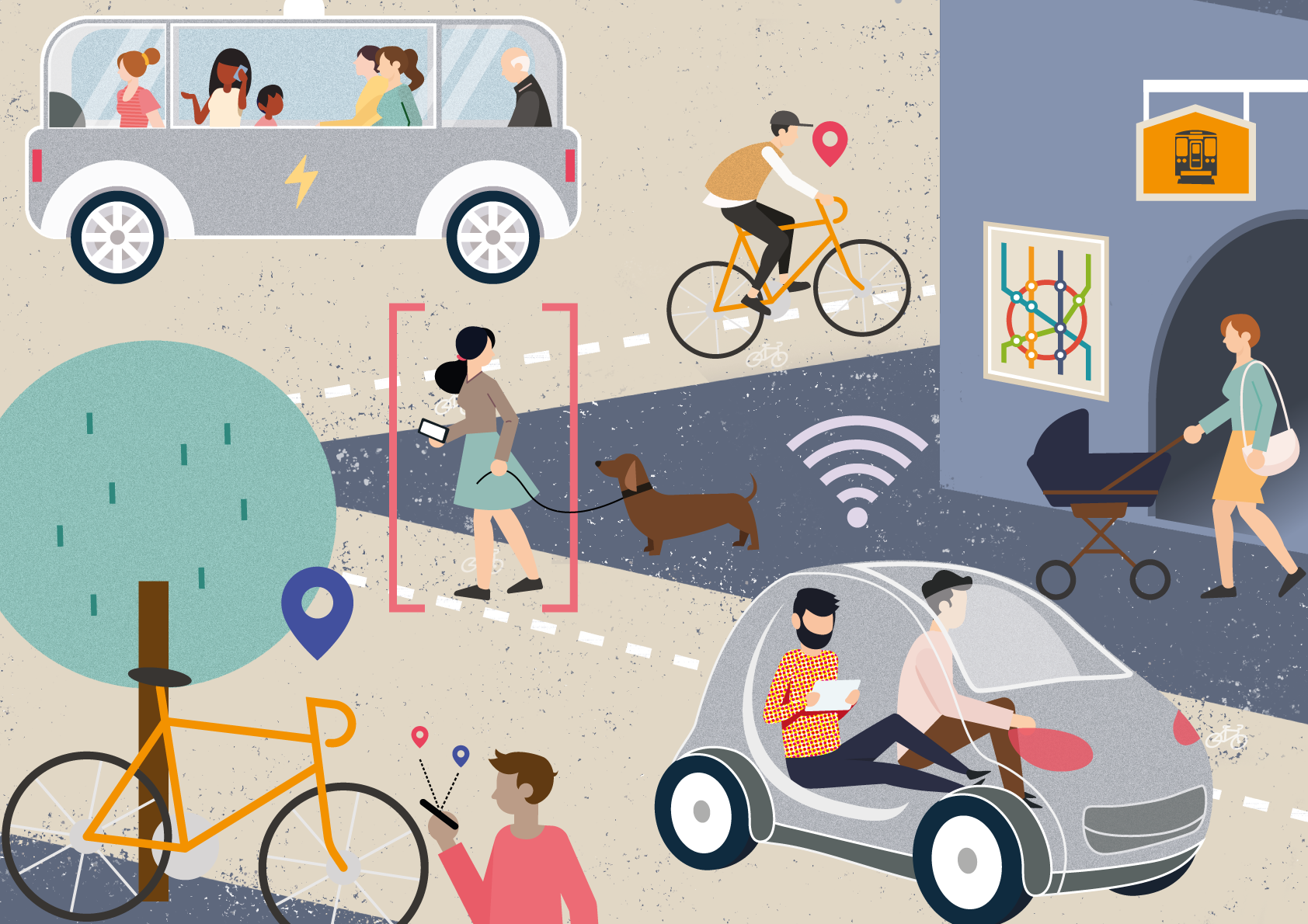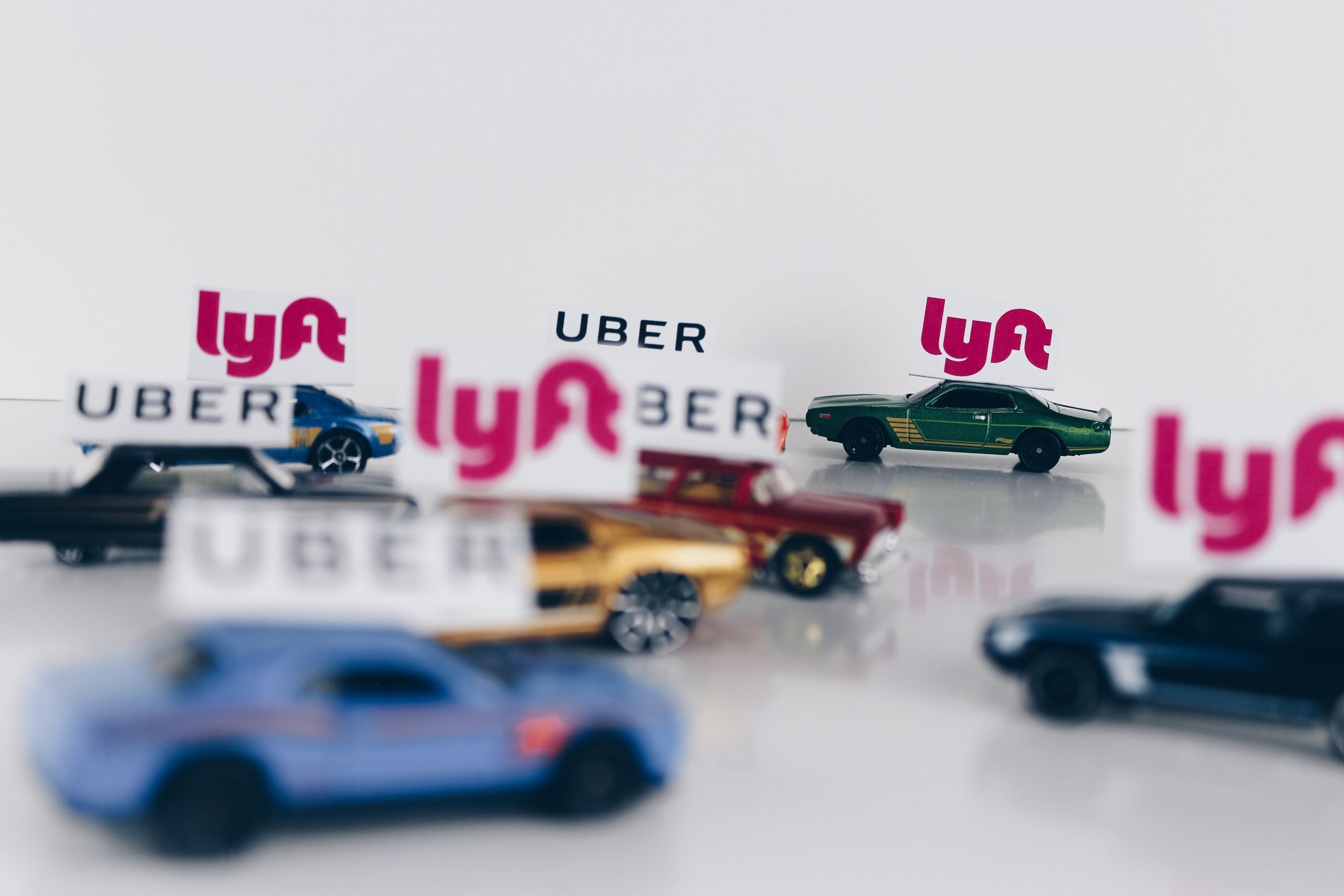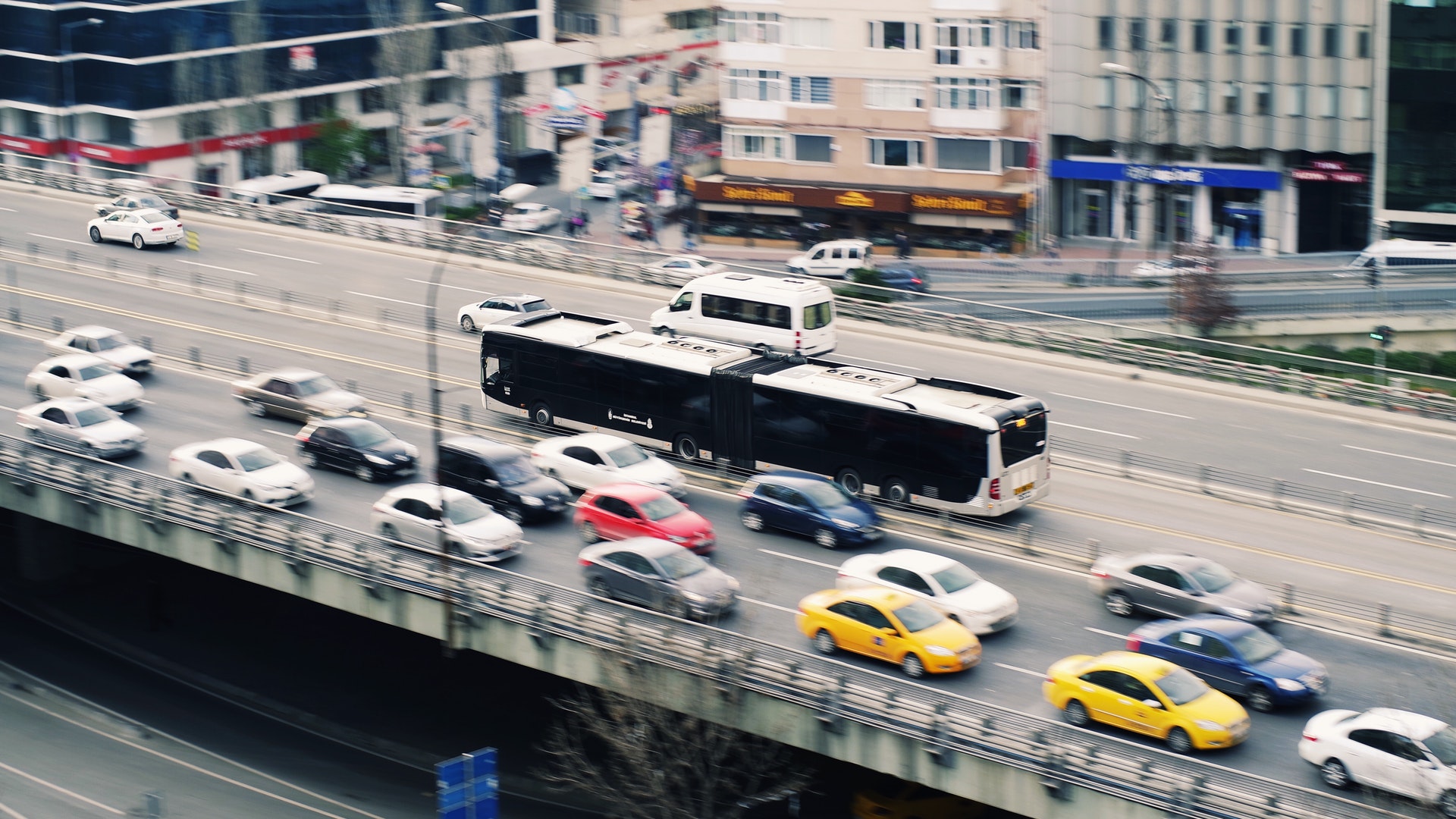Feinstaub-Ausstoß neuer Diesel-PKW: Emissionsspitzen in Tests 1000 Mal über Normalbetrieb
Tests an zwei der beliebtesten Mittelklassefahrzeuge haben gezeigt, dass die Feinstaub-Emissionen der neuesten Diesel-PKW auf mehr als das Tausendfache des Normalbetriebs hochschnellen können. Diese gefährlichen Emissionsspitzen entstehen durch die Reinigung der Dieselpartikelfilter im Fahrbetrieb und können sich augenblicklich schädlich auf das Herz auswirken. Die Filterreinigung kann auch im Stadtverkehr auftreten und für eine Fahrtstrecke von bis zu 15 km andauern, wird jedoch von offiziellen Emissionstests effektiv ausgeklammert. In Europa sind mehr als 45 Millionen Fahrzeuge mit Dieselpartikelfiltern ausgerüstet. Dementsprechend kommt es in der EU zu ca. 1,3 Milliarden Reinigungsvorgängen pro Jahr.
